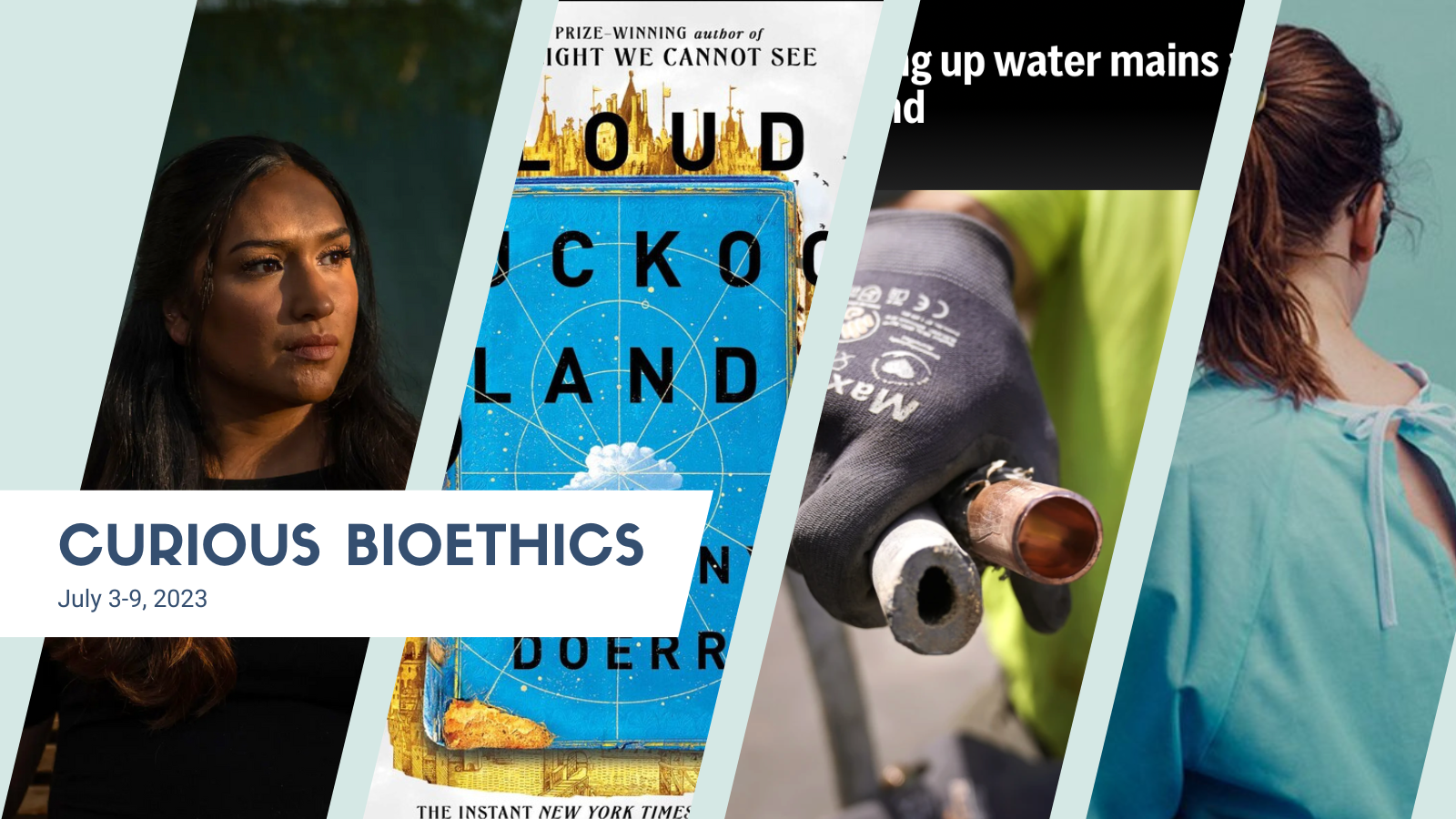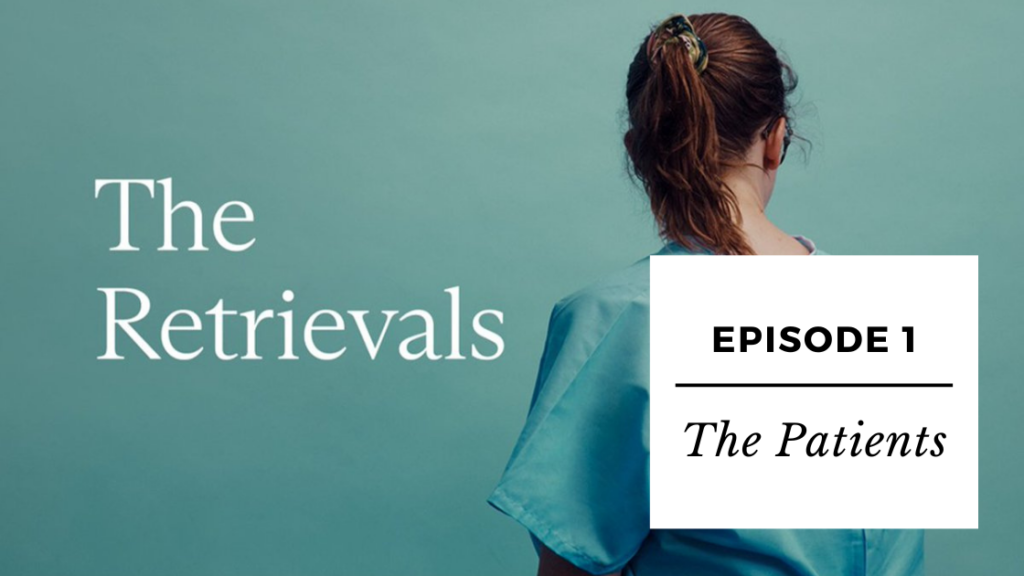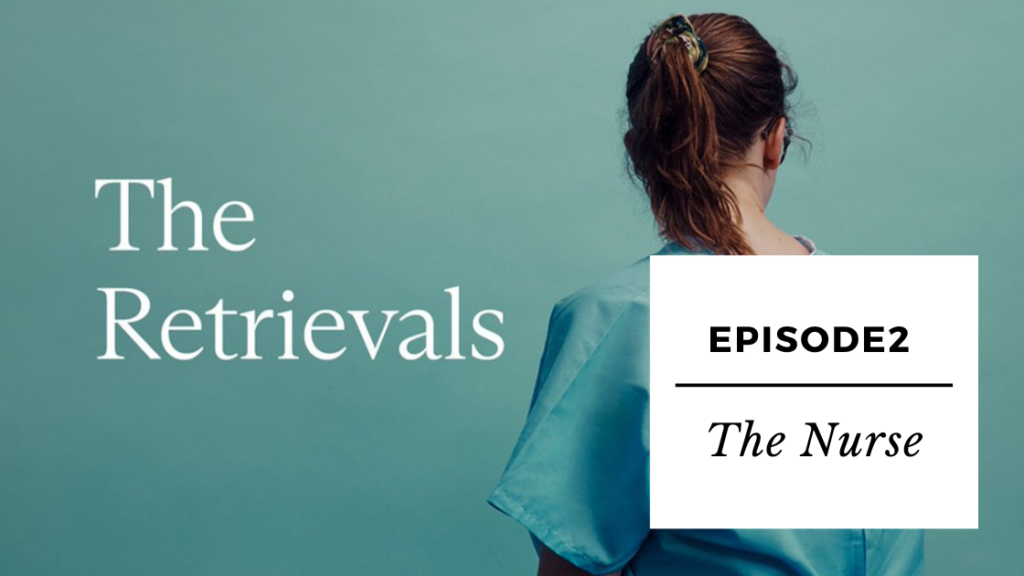
In today’s curated bioethics collection, you’ll find:
- 🗞️Bioethics News: Family policing and prescribed opioids, Psychedelic harm reduction, Lead pipes
- 📚Recommended Reading: Cloud Cuckoo Land
- 🦉Educational Opportunities: The Retrievals
Hey there, Curious Human!
Happy July 9!
On Curious Bioethics, I provide curated bioethics news and reflections.
🗞️ Bioethics in the News
They Followed Doctors’ Orders. Then Their Children Were Taken Away
Federal law has put thousands of women on anti-addiction medications into an impossible bind: Give up your treatment or risk losing your baby.
“They don’t want you on illicit street drugs, so here, we’re going to give you this medicine. But then if you take this medicine, we are going to punish you for it and ruin your family.“
This week’s story about family policing, the opioid crisis, and substance use treatment highlights the profound biases against women, people who use opioids, and people who lack resources to defend their families from governmental interference.
To prevent miscarriage, premature birth, and relapse, pregnant patients with opioid dependence can take a doctor-prescribed synthetic opioid, like buprenorphine.
But federal law requires reporting babies “affected by” substances to child protective services even if the medications are prescribed. Child-welfare authorities may intensely scrutinize patients taking buprenorphine and remove the children from the parents’ custody.
“We also found women who were reported after taking antidepressants, anxiety and ADHD medications and even over-the-counter cold medicine during pregnancies. Some women were reported after testing positive for the fentanyl in their epidurals.“
(I remember being high as a kite from the fentanyl in my epidural during my second birth.)
A particularly telling section:
“In one 2019 case, a West Virginia judge allowed the state to cut off payment for a mother’s Suboxone, prompting her to relapse, and then terminated her parental rights. “I always have a problem with people being on Suboxone to begin with, and that’s my position,” the judge said during one hearing.“
So because the judge doesn’t believe in evidence-based care for people in recovery, he sabotaged a parent and then terminated her legal right to be a parent.
It’s unacceptable that patients receiving appropriate medical care to keep them safe are being punished. So long as our society and the law treat people in recovery as unworthy of respect and a future – we will never see an end to the scourge of substance use disorders.
Psychedelic Harm Reduction
“I’m not here to herald the current psychedelic boom; it’s been heralded. What interests me is something that gets discussed far less often: the horrific and sometimes life-altering experiences many of those people will have. What do we do with that?”
Meet the Psychedelic Boom’s First Responders: With more tripping will come more psychic terror. A new movement of volunteers will guide you through your brain melt.
Chris Colin explores the resurgent, more open access to psychedelics and the vast majority of people having trips in unsupported environments.
“Passing thoughts became black holes clawing him to untold depths, playing and replaying in a mad, warping whirlpool. Tricks that would have typically changed the channel—classical music, a splash of water to the face, waiting it out, crying it out—had no effect. Worst of all, he had no help. This wasn’t a guided journey, after all, just a man alone in his house, losing his mind. Who do you call in such a state? Who could possibly understand this otherworldly misery with its indescribable new dimensions, its billowing revelations, its slithering dream logic?“
Much as we need to embrace harm reduction related to the opioid crisis, we need in many other spheres. Psychedelics aren’t going anywhere. There’s a new crop of volunteers supporting people on trips to ensure they can get through their experience rather than being stuck in a terrifying loop.
*On a side note, please know that while psilocybin reporting these days often downplay the risks, there are serious risks. In particular, people at risk of psychosis or experiencing a medical illness. This essay addresses these issues briefly. I have been very concerned regarding the number of friends who are physicians or therapists who are entirely unaware of the risk related to psychosis. Ketamine, recently subjected to rapid commercialization, raises similar concerns.
Leaving Behind Lead Pipes
Some cities are digging up water mains and leaving lead pipe in the ground
Lead in the water is bad news. But getting rid of lead pipes is expensive, and some cities have avoided removing all of the lead pipes. Ironically, digging up pipes twice costs more in the long run. Not to mention the human costs of lead exposure.
Around the country, utilities have been leaving lead pipe in the ground even when it is easiest to remove during water main work. Worse, they have been removing sections, disturbing the pipe and leaving the rest, which can spike lead levels, causing harm that will last a lifetime, an investigation by The Associated Press has found…
The sections that remain can poison tap water until they’re removed. The practice is also more expensive in the long run, since crews presumably will have to return someday.
📚 Recommended Reading
Cloud Cuckoo Land
I read Anthony Doerr’s Cloud Cuckoo Land a while ago and can’t stop thinking about it. It’s a book that is so beautiful, the characters so magnificent that my brain returns to the story again and again.
The book takes place over almost 600 years – with Doerr slowly revealing the connections between the seemingly disparate characters. The book offers a wonderful lens to view the human condition and reflect on how stories sustain us.
I am not interested in exiting Earth’s atmosphere, but I’ve been interested in astro-ethics for some time. I often reflect on characters on an interstellar mission, including a young girl named Konstance. Konstance’s father boards a ship to leave Earth as a teenager, eager to escape human-made climate catastrophe.
The book inspired me to think about what it would be like to be a person leaving Earth for an interstellar mission, knowing they’d never return. Doerr explores how passengers were selected for skill sets and what the inside of the ship would need to sustain humanity. It made me recall the American Society of Bioethics and Humanities conference years ago in Houston, where I learned about and discussed the ethics of long-distance space travel with astronauts.
I hope you enjoy the book (if you haven’t read it already). I’d love to hear if it’ sparks any of your ethical thinking.
🦉Educational Opportunities
No registration is required! Just go straight to your favorite podcast app for this on-demand bioethics education.
The Retrievals: IVF, Women’s Pain & Stolen Fentanyl
This podcast is essential. Women are constantly gaslit in medical spaces- our pain is often ignored or minimized. Our complaints are blamed on fatness, anxiety, and depression. If you’ve ever wished for irritable proof that ignoring women is harmful – to patients and organizations – look no further.
Susan Burton’s approach to the subject, the patients, and the nurse demonstrate what I can only call “trauma-informed reporting.” She is taking care to report the story in ways that reveal the complexity of the people involved.
I’m reflecting on every episode. Episodes 1 & 2 are available now.


Thanks for being curious!
Please email me at the blog and let me know what ethics issues you are most curious about this week—I’d love to hear from you! If you have an upcoming or past webinar available to the public, please send it my way to be featured.
Alyssa Burgart, MD, MA is co-editor of BioethicsToday and a clinical associate professor at Stanford University. She also writes at Poppies & Propofol.